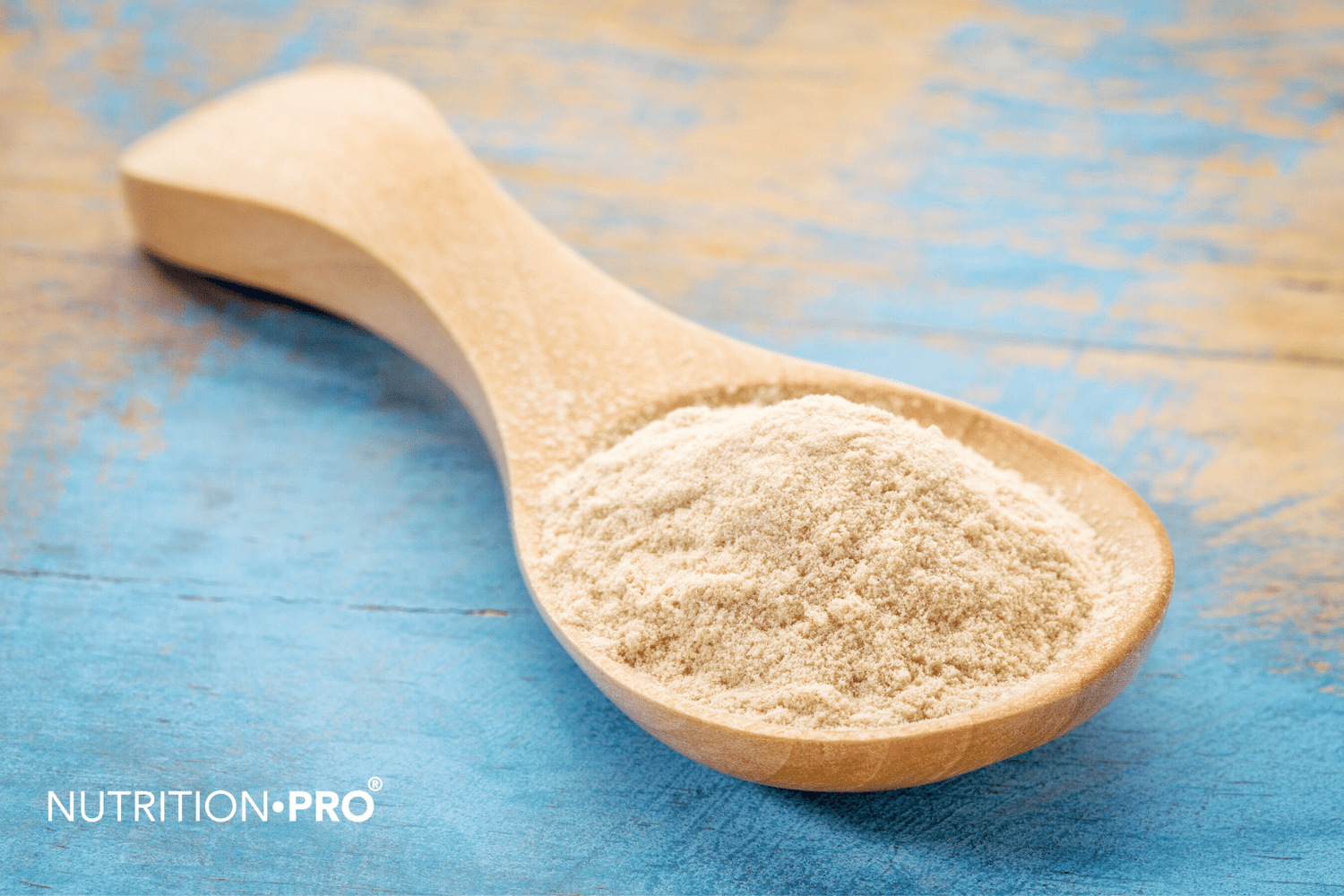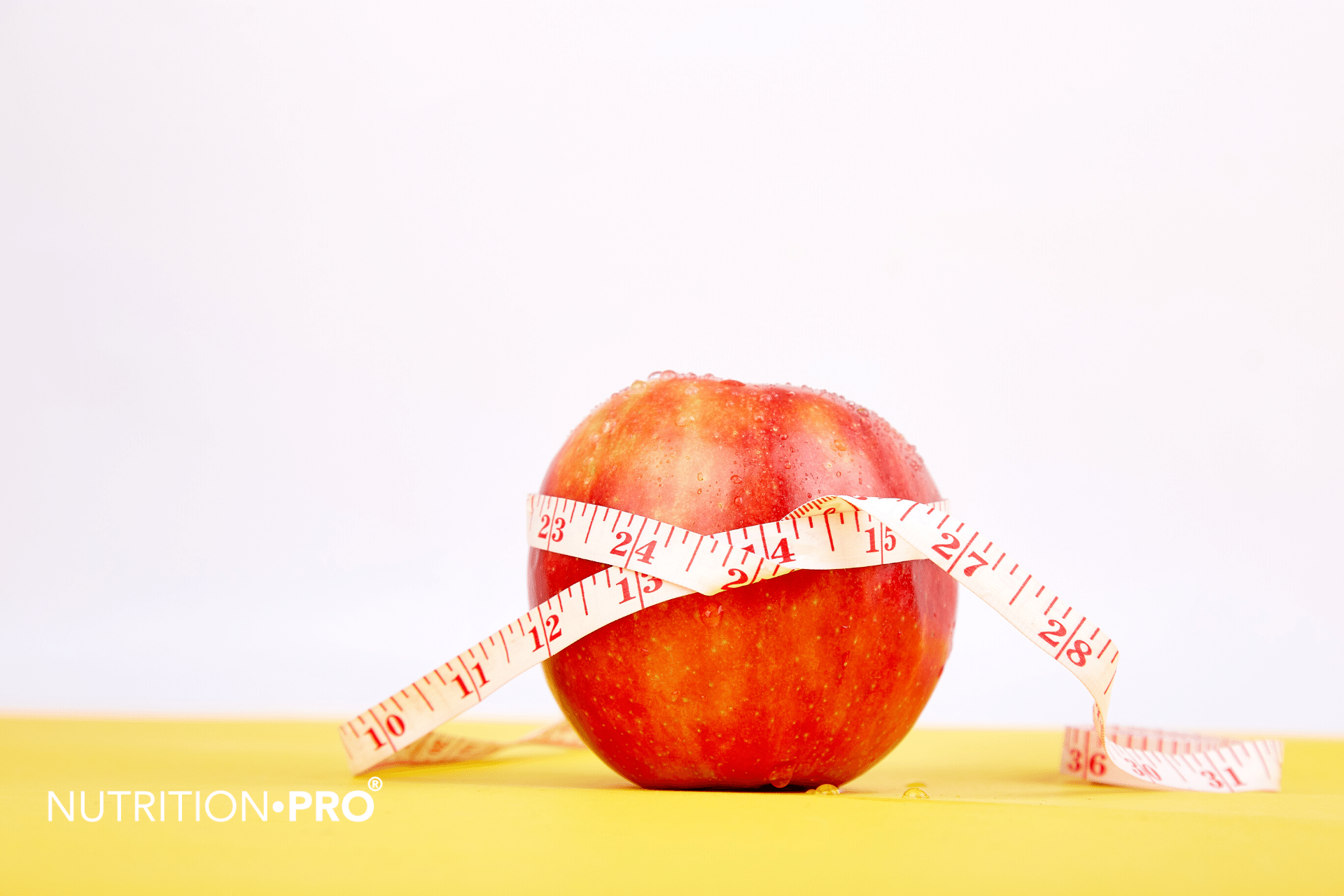The baobab is a tree native to parts of Africa, Arabia, Australia and Madagascar.
Also known by their scientific name Adansonia , baobabs can grow up to 30 meters in height and produce a large fruit that is commonly eaten and enjoyed for its delicious citrus flavor.
The pulp , leaves, and seeds of the baobab fruit—which is also available in powdered form—have been linked to numerous health benefits and are a staple in various recipes and cuisines.
Here are the 6 main benefits of baobab fruit and pulp :
1. Rich in Many Important Vitamins and Minerals
Baobab is a good source of many important vitamins and minerals .
Research demonstrates that the nutritional content of baobab can vary depending on the geographic location where it is grown and between different parts of the plant, such as leaves, pulp and seeds.
For example, baobab pulp is rich in vitamin C, antioxidants and several key minerals like potassium, magnesium , iron and zinc .
The leaves are rich in calcium and high quality protein which can be easily digested.
Additionally, the seeds and kernel of the plant are loaded with fiber, fats, and micronutrients like thiamin, calcium, and iron .
However, in most parts of the world where fresh baobab is not available, it is more commonly found in dried powder form.
Powdered baobab contains many important nutrients but is particularly rich in vitamin C, vitamin B6, niacin , iron and potassium.
Two tablespoons (20 grams) of baobab pulp provide approximately :
- calories: 50
- Proteins: 1 gram
- Carbohydrates: 16 grams
- Lipids: 0 grams
- Fiber: 9 grams
- Vitamin C: 58% of the Daily Reference Intake (RDA)
- Vitamin B6: 24% of RDA
- Niacin: 20% of ROI
- Iron: 9% of ROI
- Potassium: 9% of ROI
- Magnesium: 8% of ROI
- Calcium: 7% of ROI
Therefore, baobab pulp and fresh parts of the plant are very nutritious.
2. May Aid Weight Loss by Promoting Feelings of Fullness
Some research has shown that adding baobab to your nutrition can be beneficial if you're looking to shed a few extra pounds.
It can help curb cravings and promote feelings of fullness, helping you eat less and lose weight .
A small study in 20 people showed that drinking a smoothie with 15 grams of baobab pulp significantly reduced feelings of hunger compared to a placebo drink.
Baobab is also high in fiber, with most powdered formula containing about 4.5 grams of fiber in each tablespoon (10 grams) .
Fiber moves through your body very gradually and can help slow your stomach emptying, allowing you to feel full longer .
Simply increasing your fiber intake by 14 grams per day has been shown to reduce calorie intake by up to 10% and reduce body weight by an average of 4 pounds over a four month period .
3. May Help Balance Blood Sugar Levels
Adding baobab to your nutrition can improve blood sugar control .
In fact, one study found that baking baobab extract in white bread reduced the amount of fast-digesting starch and slowed the rise in blood sugar in the body .
Similarly, another small study in 13 people showed that adding baobab to white bread decreased the amount of insulin needed to transport sugar from the blood to the tissues to control blood sugar levels .
Due to its high fiber content, baobab may also help slow the absorption of sugar into the bloodstream, which can prevent peaks and blood sugar crashes and stabilizes long-term levels .
4. Antioxidant and Polyphenol Content May Reduce Inflammation
Baobab is packed with antioxidants and polyphenols, which are compounds that protect your cells from oxidative damage and reduce inflammation in your body.
Some studies suggest that chronic inflammation could contribute to a long list of health problems, including heart disease, cancer, autoimmune disorders, and diabetes .
Although current research is mostly limited to animals, some studies have observed that baobab may help reduce levels of inflammation in the body.
A study in rats found that baobab fruit pulp reduced several markers of inflammation and helped protect the heart from damage .
A study in mice showed that baobab extract decreased oxidative damage to cells and reduced levels of inflammation .
However, despite these promising results, more research is still needed to determine how baobab may affect inflammation in humans.
5. High in Fiber May Support Digestive Health
The baobab is a good source of fiber and powdered versions can contain up to 18% of the recommended daily value in a single tablespoon (10 grams) .
Fiber passes through your gastrointestinal tract undigested and is essential for digestive health .
For example, a review of five studies showed that eating more fiber increased bowel movement frequency in people with constipation .
The fiber also acts as a prebiotic and feeds the beneficial bacteria in your gut, optimizing the health of your gut microbiome .
Other research shows that increasing your fiber intake may also protect against conditions such as intestinal ulcers, inflammatory bowel disease, and hemorrhoids .
6. A great nutritious addition to your diet - fresh or powdered
Baobab grows across Africa, Madagascar and Australia and can be eaten fresh or used to add a splash of flavor and nutrients to desserts, stews, soups and smoothies.
However, finding fresh baobab can be difficult in countries where the fruit is not commonly grown.
Fortunately, pulped versions are widely available at many health food stores and online retailers around the world.
For a quick and convenient way to get your daily dose of baobab, try mixing the powder into your favorite drinks, such as water , juice, tea, or smoothies.
You can also add the powder to baked goods or sprinkle a little on yogurt or flakes oats for an antioxidant-rich treat.
With a little creativity, there are limitless ways to enjoy baobab and take advantage of the unique health benefits it has to offer.
Potential side effects
Although most people can safely consume baobab, some potential side effects should be considered.
First, the seeds and pulp contain antinutrients , such as phytates, tannins and oxalic acid , which can reduce nutrient absorption and availability .
However, the number of antinutrients found in baobab are too low to be of concern for most people, especially if you follow a well-balanced diet rich in other healthy whole foods .
Concerns have also been expressed about the presence of cyclopropenoid fatty acids in baobab oil, which may interfere with fatty acid synthesis and contribute to health issues .
Yet studies show that these harmful compounds are significantly reduced during treatment and unlikely to be problematic for most people .
Finally, research is limited on the effects of baobab in pregnant or breastfeeding women.
Therefore, it is best to keep consumption in moderation and consult your doctor if you have any questions or concerns.
The essential
Baobab is a fruit that has been associated with a number of impressive health benefits .
In addition to providing many important nutrients, adding baobab to your diet can help with weight loss, balance blood sugar, reduce inflammation, and optimize digestive health.
Best of all, baobab — at least in pulp form — is easy to find and incredibly versatile, making it easy to add to your diet and enjoy.















